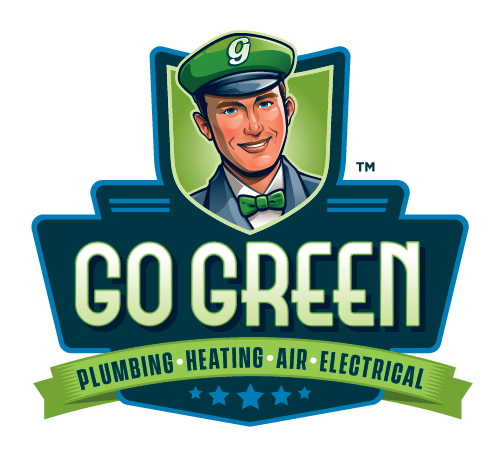 Buying a home can be an exciting, yet stressful, experience. Finding the house you want to make your home is often overshadowed, albeit temporarily, by the stress of making sure all is well with your wonderful find. Fortunately, thorough home inspections can provide peace of mind. However, some areas, like plumbing, can be costly if issues arise. So how can you be certain that everything is okay and covered in the inspection? Knowing a few things you can discuss with your inspector or plumber will help.
Buying a home can be an exciting, yet stressful, experience. Finding the house you want to make your home is often overshadowed, albeit temporarily, by the stress of making sure all is well with your wonderful find. Fortunately, thorough home inspections can provide peace of mind. However, some areas, like plumbing, can be costly if issues arise. So how can you be certain that everything is okay and covered in the inspection? Knowing a few things you can discuss with your inspector or plumber will help.
Some things to ask about:
1. Water Heater(s) – Water heaters are usually an afterthought to most people, but it’s an appliance workhorse. Because of how dependent we have become on them, making sure that the one in your new home is in good working order is key. An inspector will check for leaks and corrosion, as well as ensuring the PRV valve is working properly.
2. Toilets – Another item in our homes that get a lot of use, but can be neglected, is the toilets. Small leaks at the back of a toilet can cause big problems if not found and fixed in time. The water stop valve should be checked for leaks, and the toilet itself checked for stability. A rocking toilet can also cause leaks. TIP: Signs of leaks can be found in the flooring. They include vinyl turning purple from water damage, and grout lines turning white or darker at the toilet base.
3. Sinks – Kitchen and bathroom sinks should be inspected. The hot and cold stop valves should be checked for leaks or corrosion. TIP: Water stains on the bottom cabinets can be an indication of a water leak.
4. Showers/Tubs – For enclosed showers, the baseboard and drywall that butts up against the shower pan needs to be assessed. A leak at the base of the shower can cause the baseboard to swell and the drywall to be soft. Shower and tub combos that use shower curtains, can produce problems as well. A shower curtain not properly closed during showering can allow water to run over the tub corners, causing damage to the flooring. TIP: Vinyl flooring lifting or discoloring, or a softness when stepping on or touching the area, can be an indication of damage.
5. Basement/Crawl Space – For finished basements, the inspector will look for wet spots, or water stained areas, pointing to a pipe leak. Unfinished basements and crawl spaces enable the inspector to assess the water pipes directly for leaks. This is the time they can look for subfloor damage under kitchen and bathrooms caused by leaks.
Knowing these things will ensure the house you are purchasing is getting a thorough review. Then all that’s left is to relax, and enjoy getting settled into your new home.
Have more questions? Call us – we’d love to help! Call the professionals at Go Green Plumbing at 336-252-2999 for service 7 days a week/24 hours a day. If water runs through it – We Do It!

